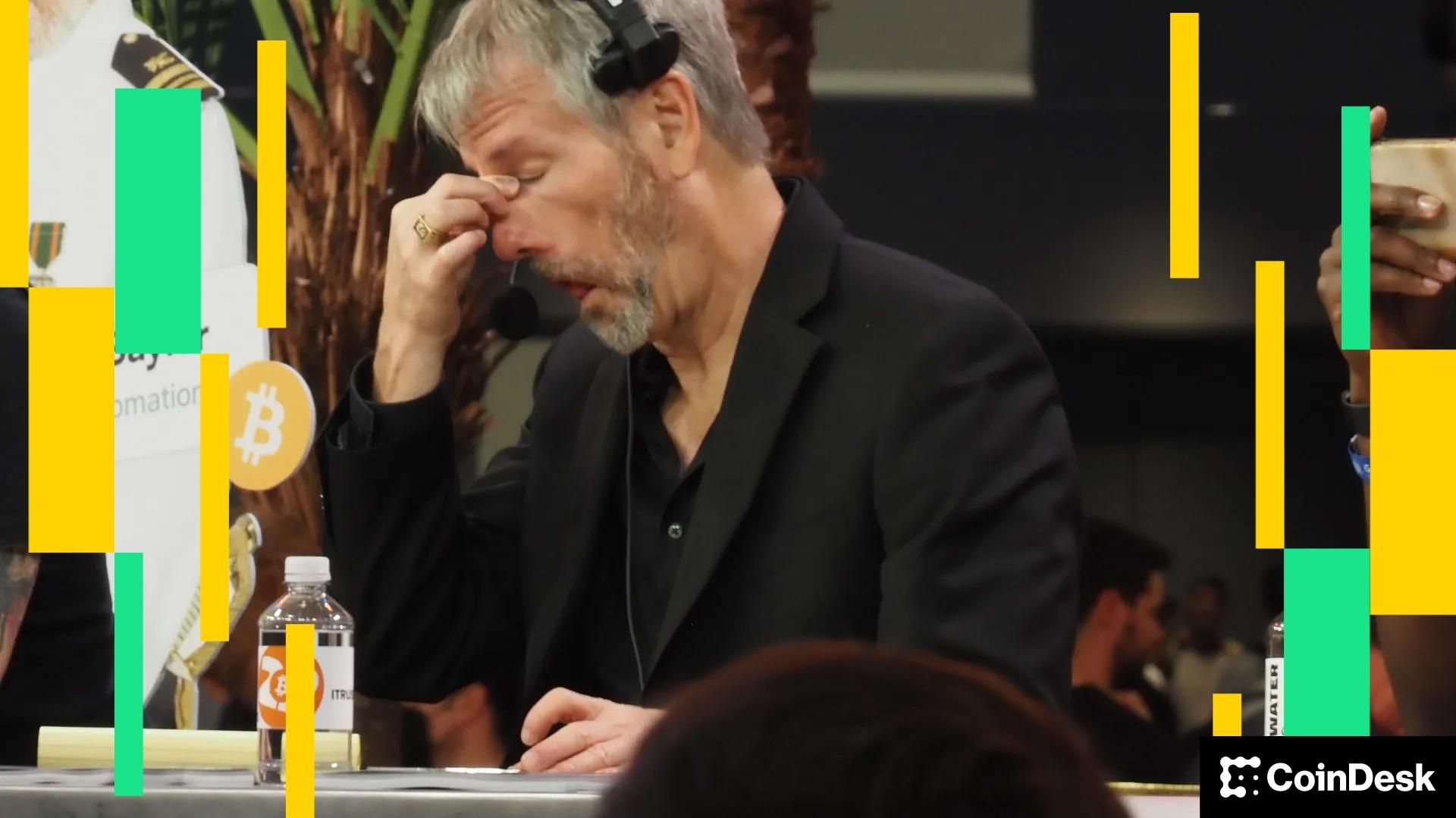The UK inflation rate remained high in September, sitting at 3.8%, according to data from the Office of National Statistics (ONS). ONS data revealed that food and non-alcoholic drinks prices plummeted for the first time since May last year, while petrol prices and airfares drove up costs.
Britain’s inflation rate has remained unchanged for the third successive month, and it’s also the 12th month in a row that inflation is above the Bank of England’s 2% target. The UK’s inflation is still lower than the earlier expectations of a hike up to 4%, signaling uncertainty for another interest rate cut from the BOE this year.
UK’s Chancellor says inflation data wasn’t satisfactory
According to ONS data, the UK’s September core inflation, which excludes more volatile food, energy, alcohol, and tobacco prices, surged by an annual 3.5% in the year to September. The country’s core CPI was 3.6% in August.
Chancellor Rachel Reeves acknowledged that the inflation data wasn’t satisfactory. She also maintained that everyone in government is responsible for supporting the Bank of England in its efforts to bring inflation down.
“The largest upward drivers came from petrol prices and airfares, where the fall in prices eased in comparison to last year. These were offset by lower prices for a range of recreational and cultural purchases, including live events.”
–Grant Fitzner, Chief Economist at the ONS.
The inflation data comes as the BOE prepares for its next meeting on November 5. George Brown, senior economist at Schroders, said on Wednesday the BOE could cut its benchmark interest rate from the current level of 4% due to the lower-than-expected inflation data and lackluster growth figures. He also believes the bank could add another rate cut at its last meeting of the year on December 18.
Brown acknowledged that high inflation is at risk of becoming entrenched in Britain due to a combination of lower productivity and sticky wage growth. He also expects the BOE to keep interest rates on hold until the end of 2026, adding that he wouldn’t rule out the bank’s rate move being higher.
UK’s inflation data signals a potential rate cut in November
Suren Thiru, ICAEW economics director, reiterated that the chances of a November rate cut are slim despite softer-than-expected inflation. She argued that the central bank will likely want to analyze the inflationary impact of any measures announced in the budget before relaxing policy again.
The BOE’s Monetary Policy Committee’s decision on interest rates comes as Finance Minister Rachel Reeves is expected to announce tax rises during the government’s Autumn budget on November 6. Reeves is also expected to cut the rate of VAT charged on energy, which could also ease price pressures.
Scott Gardner, investment strategist at J.P. Morgan-owned digital wealth manager Nutmeg, noted that the economic picture for the UK is setting the tone for difficult decisions in the upcoming budget. He believes that the Chancellor and the Bank of England both have few levers to pull as the economy experiences a period of elevated inflation and low growth.
Gardner said that it’s highly unlikely to see a fourth and final rate cut this year, despite the latest reading being lower than expectations. He believes that there might be a cut only if the labor market significantly weakens.
Mathew Ryan, head of market strategy at global financial services company Ebury, said the cooling in the UK’s jobs market is calling for further reductions in the base rate. He also warned that high inflation warrants caution. Ryan argued that most officials will likely need to see more evidence that inflation has peaked, which today’s data has at least marked a step in the right direction.
Ryan also believes that a November rate cut is off the table, since markets currently view a December cut as more likely. He argued that elevated inflation could thwart any further easing until at least February.
Join a premium crypto trading community free for 30 days - normally $100/mo.
















 English (US)
English (US)